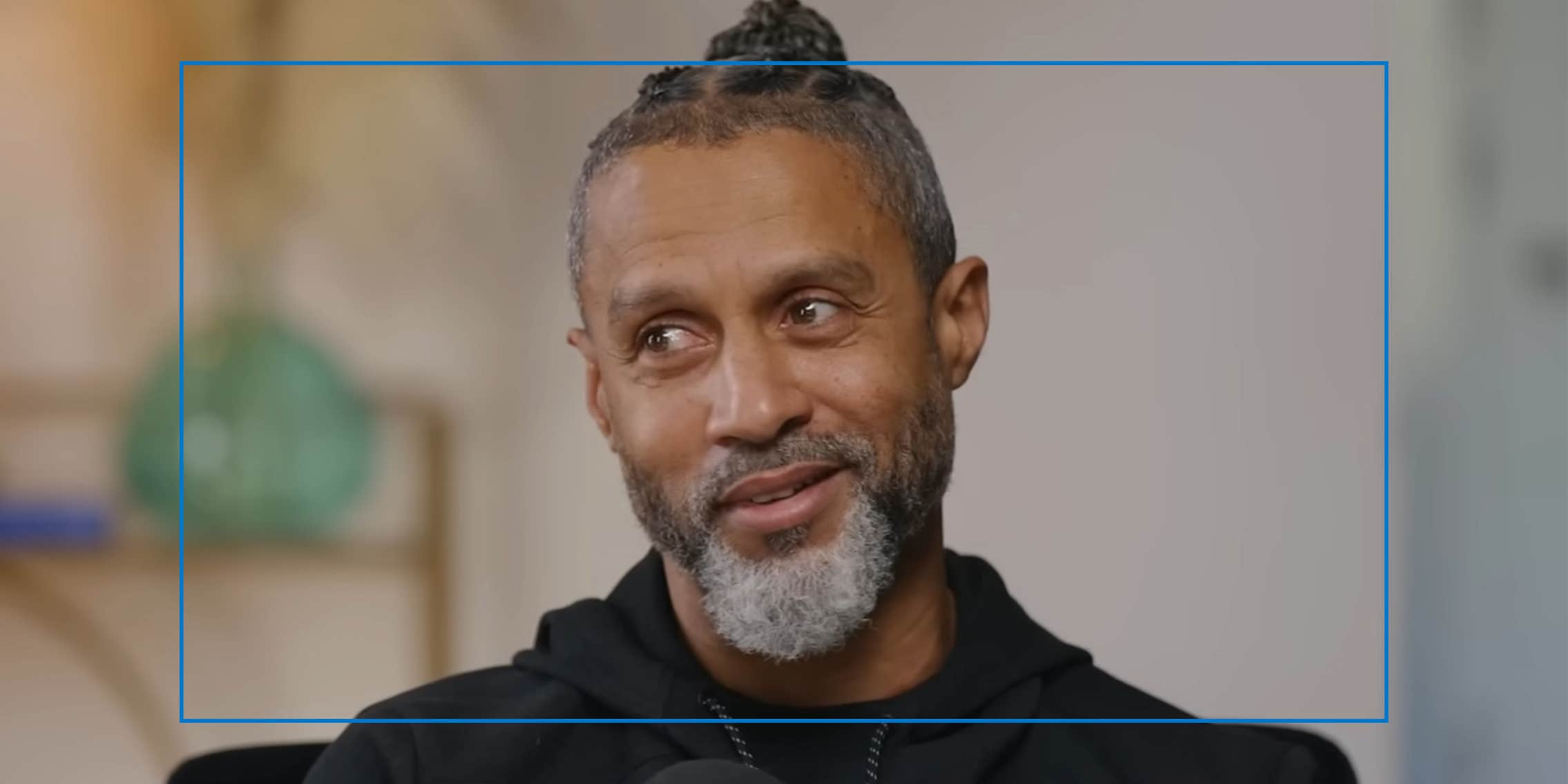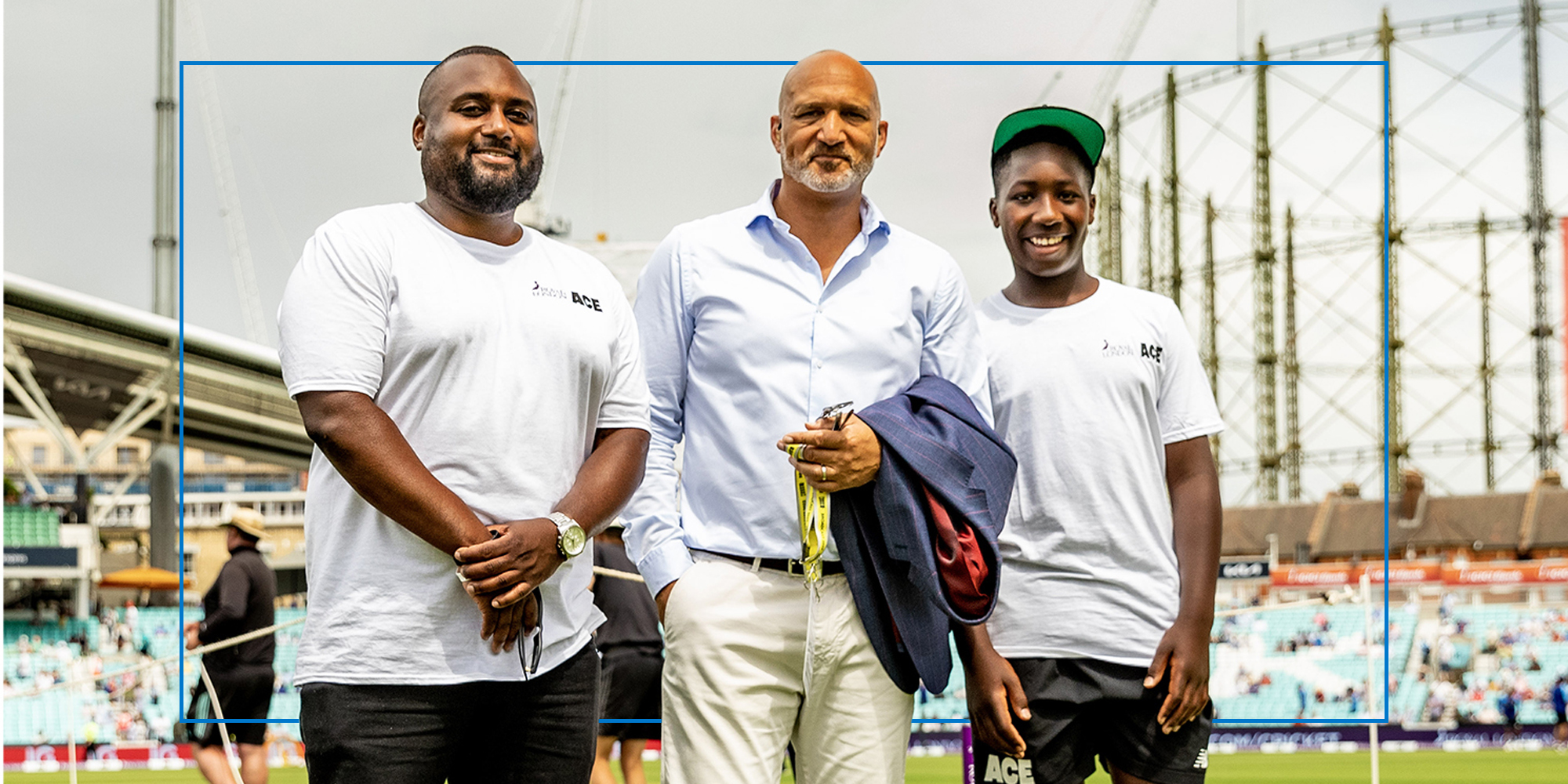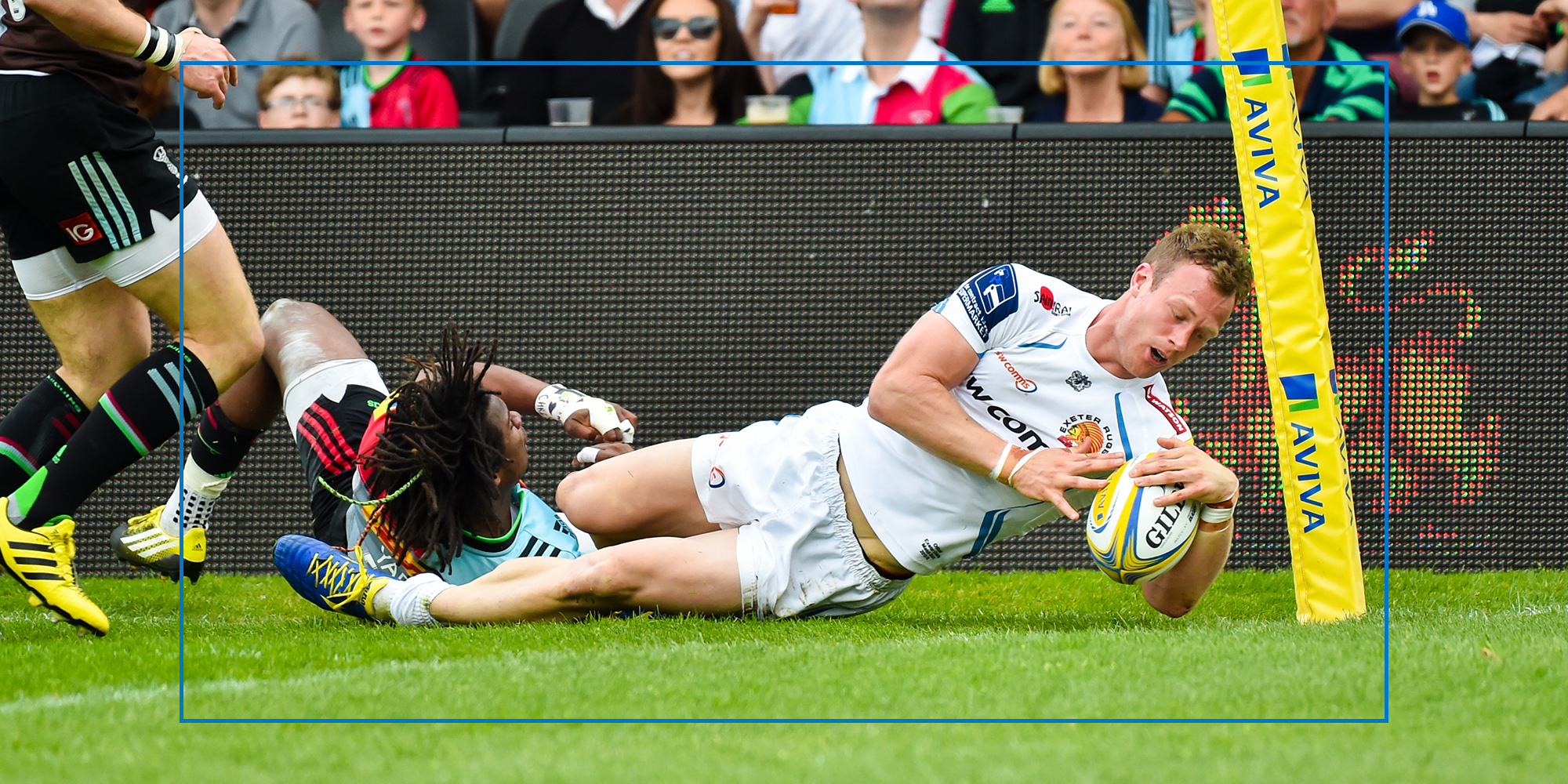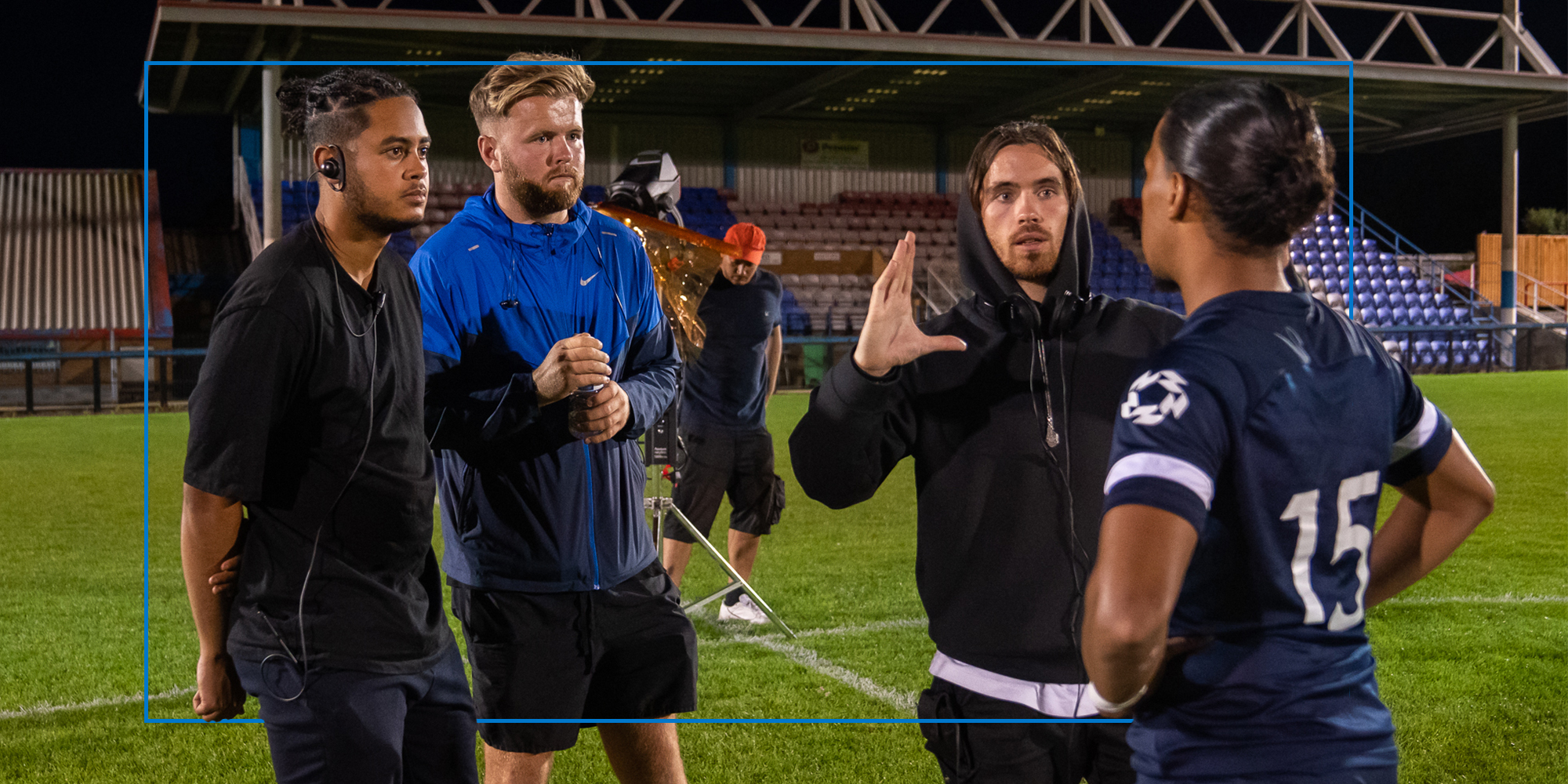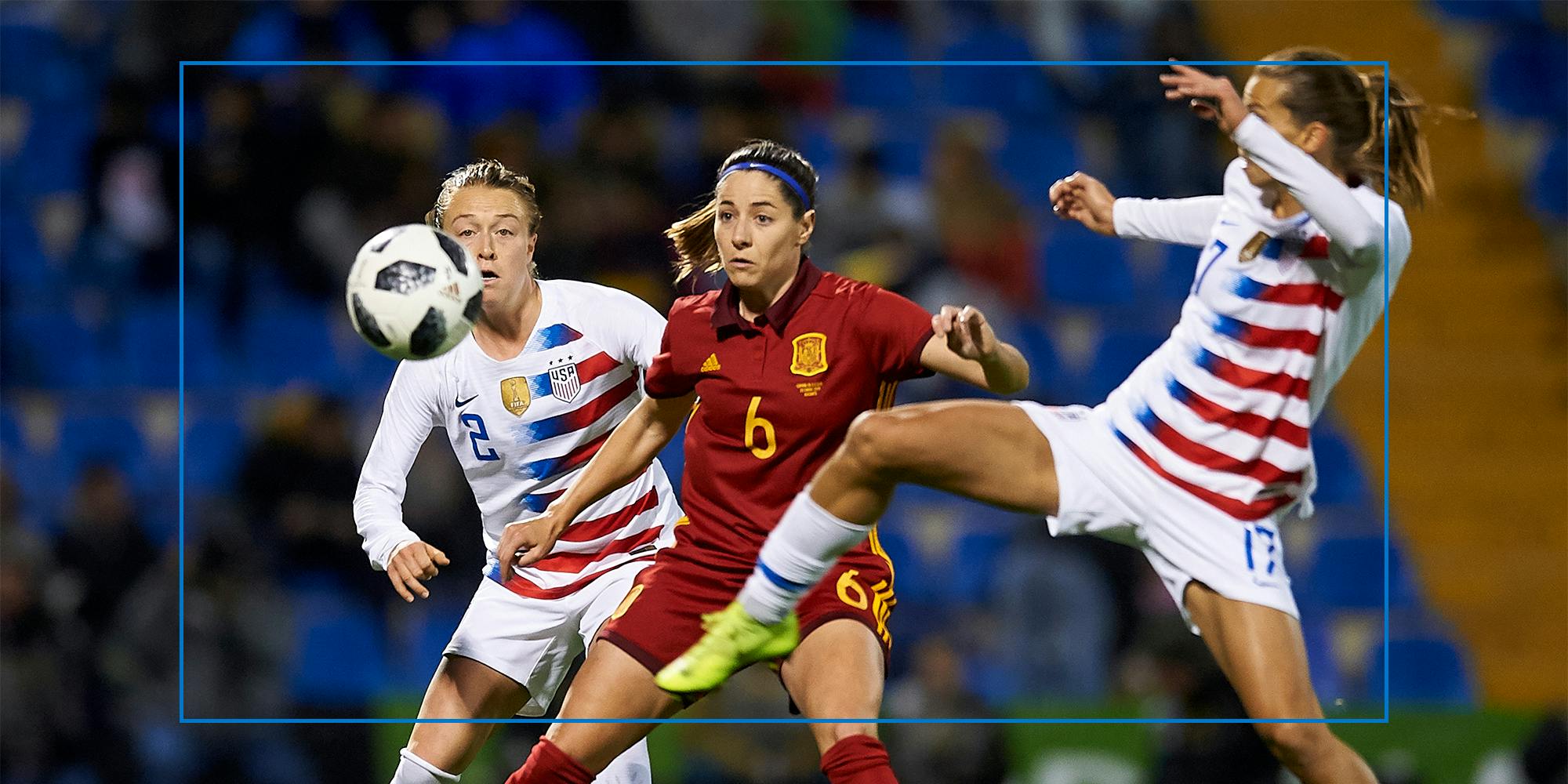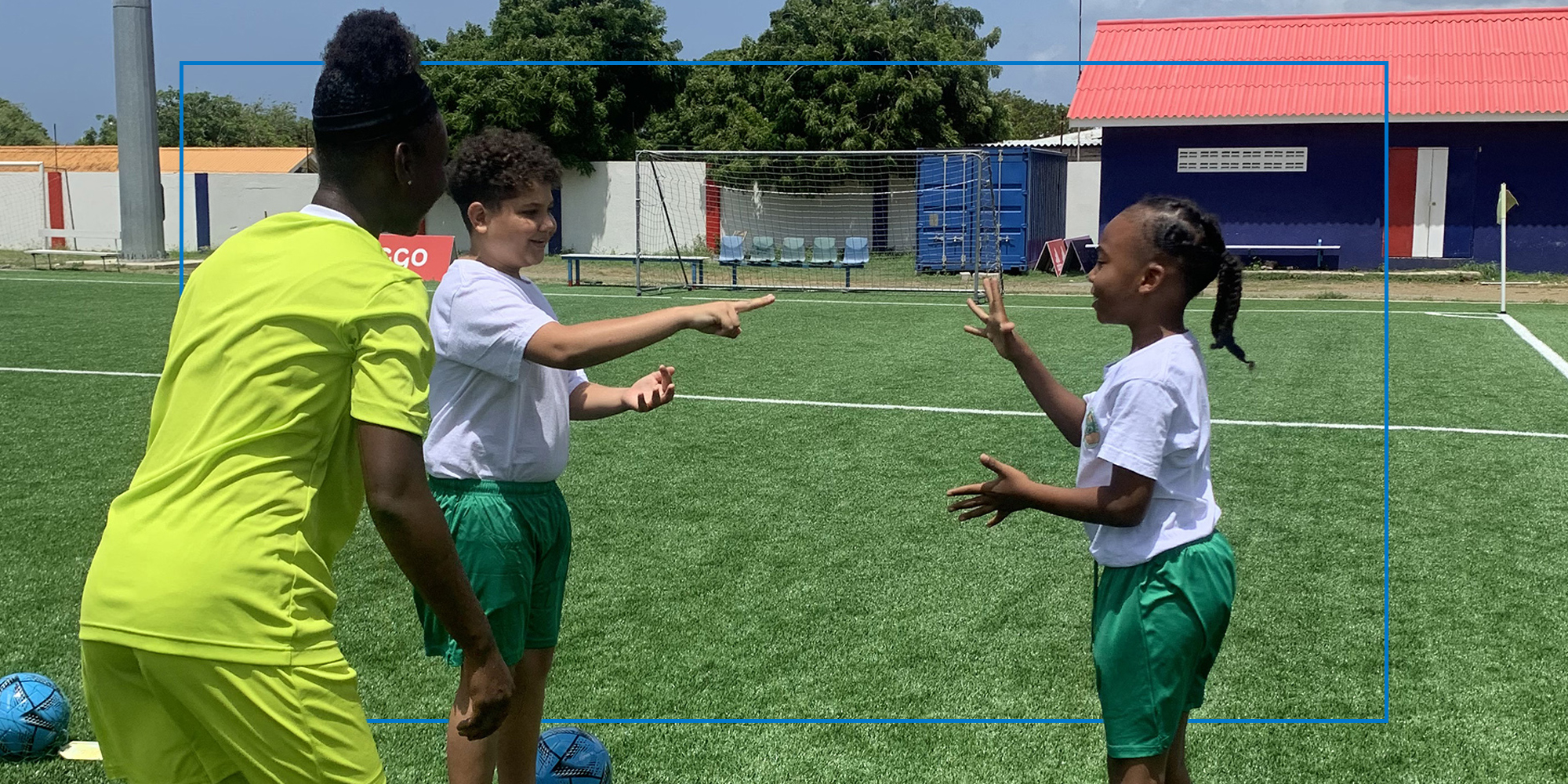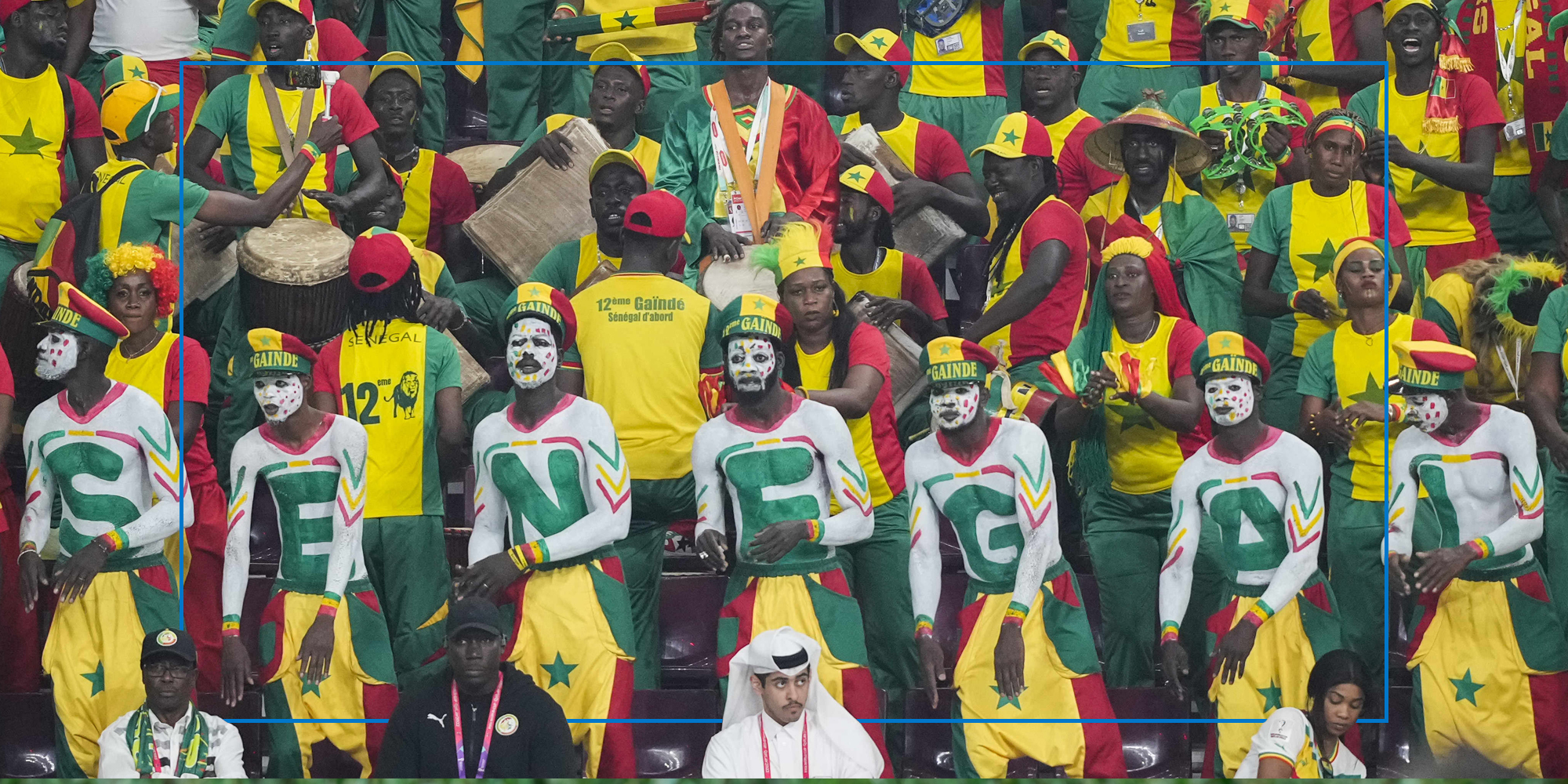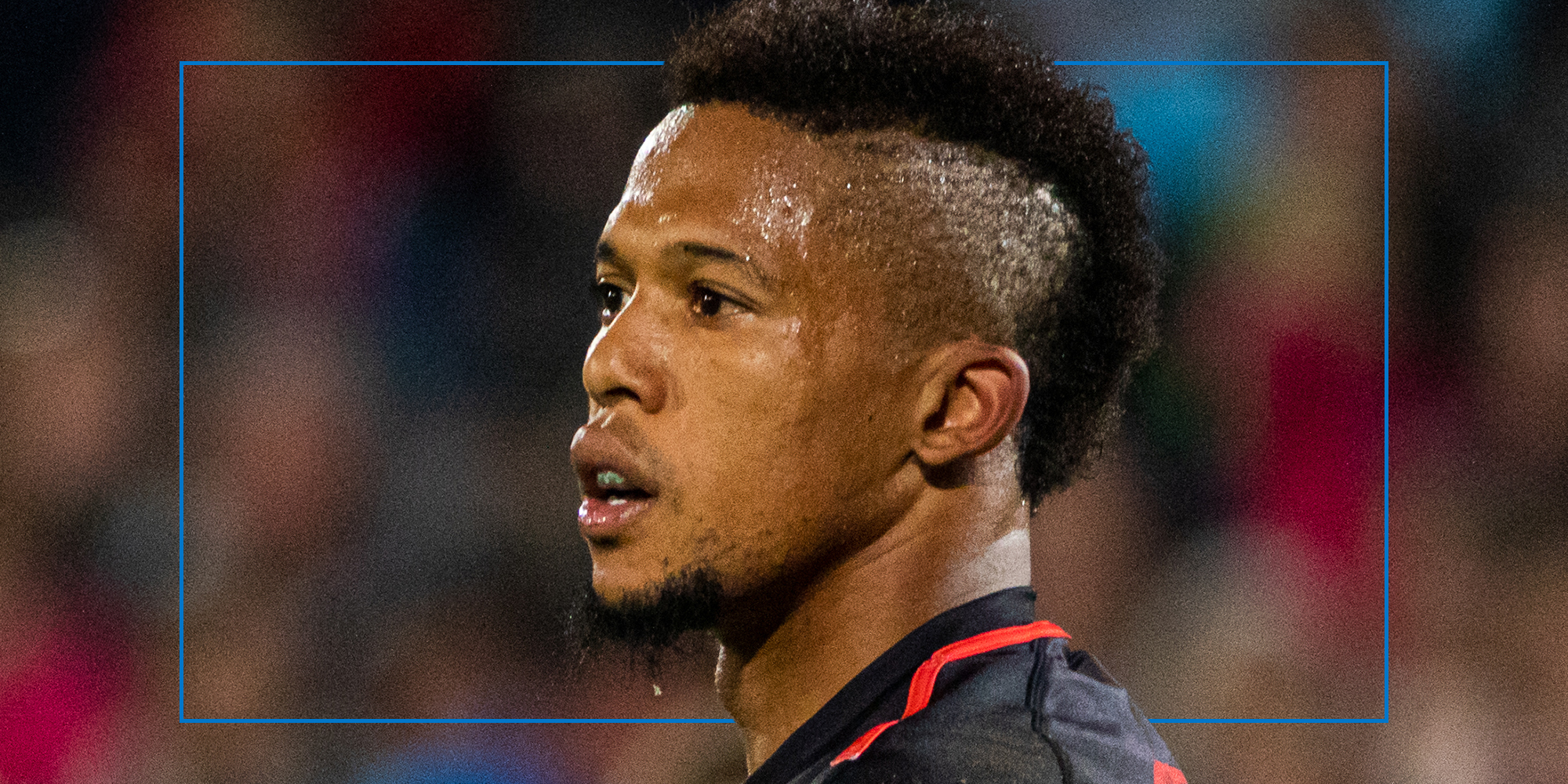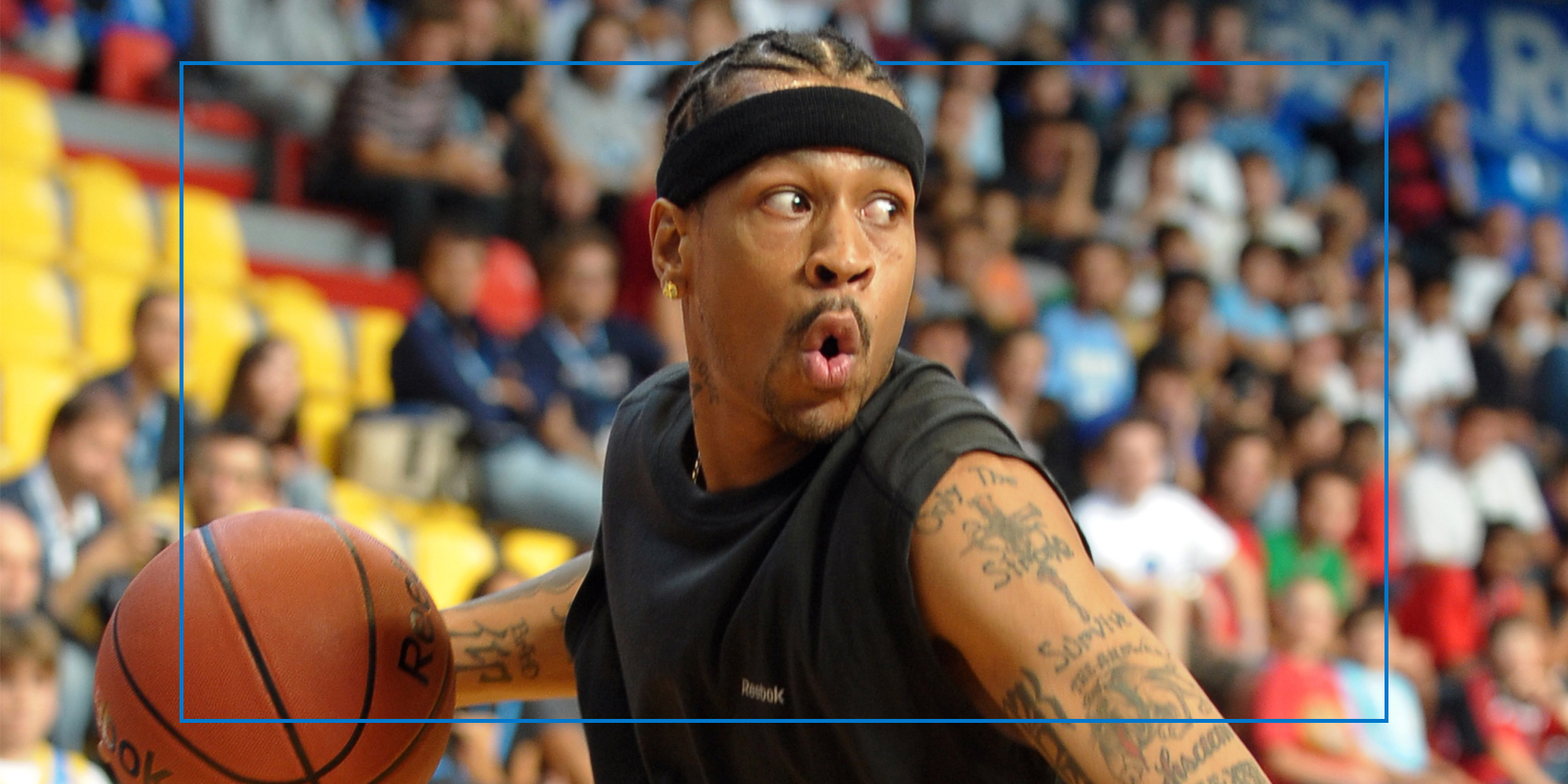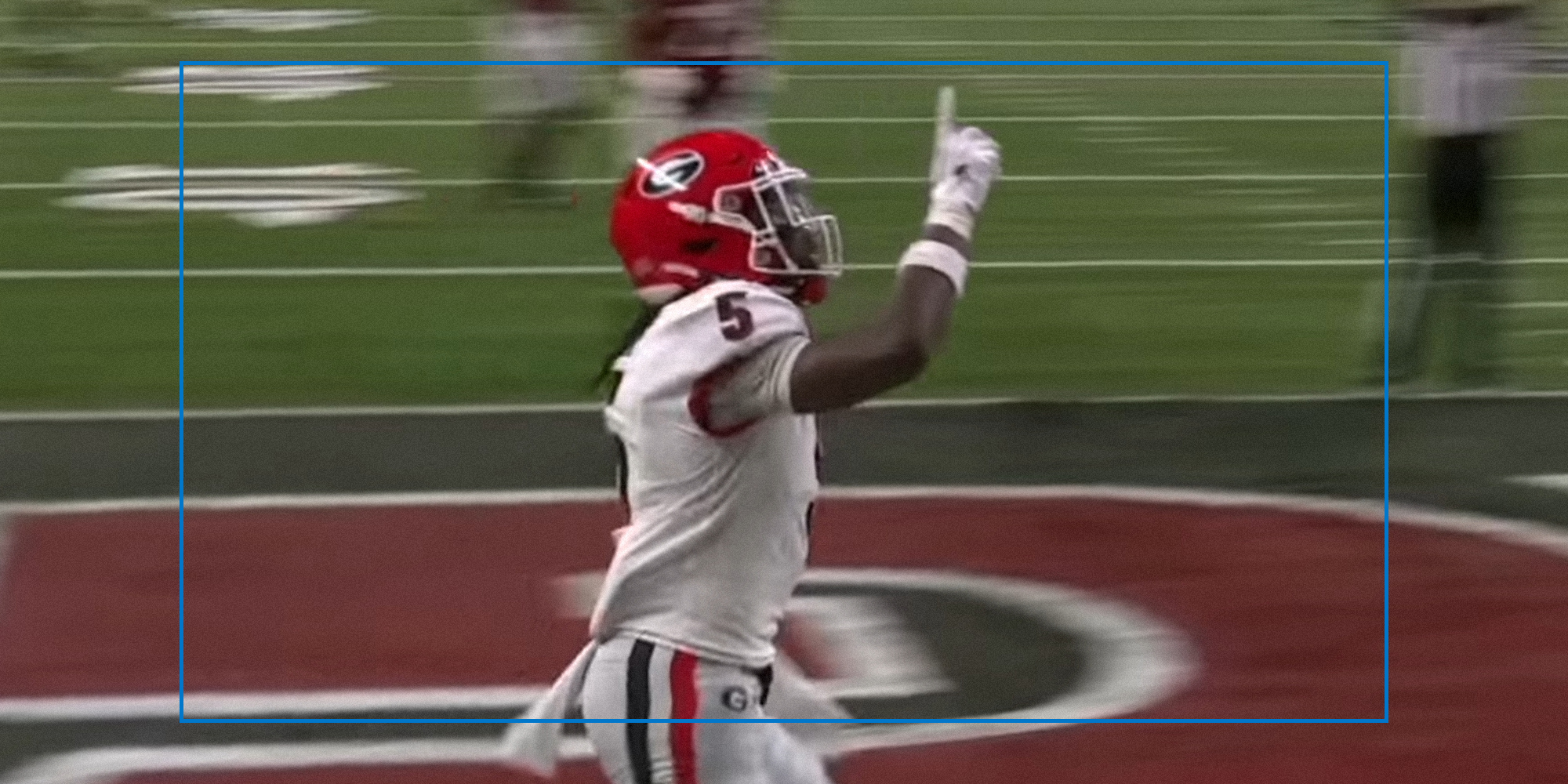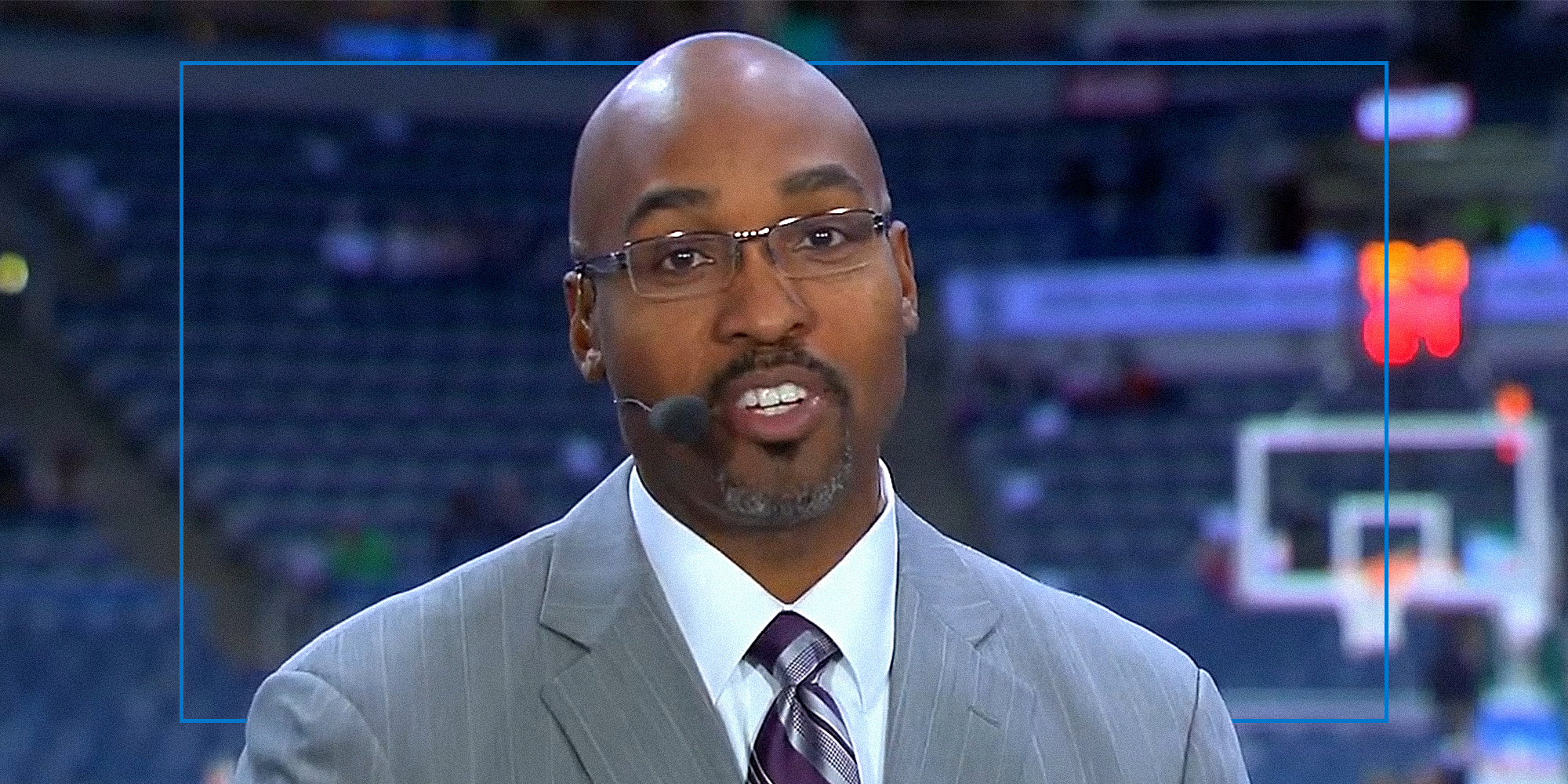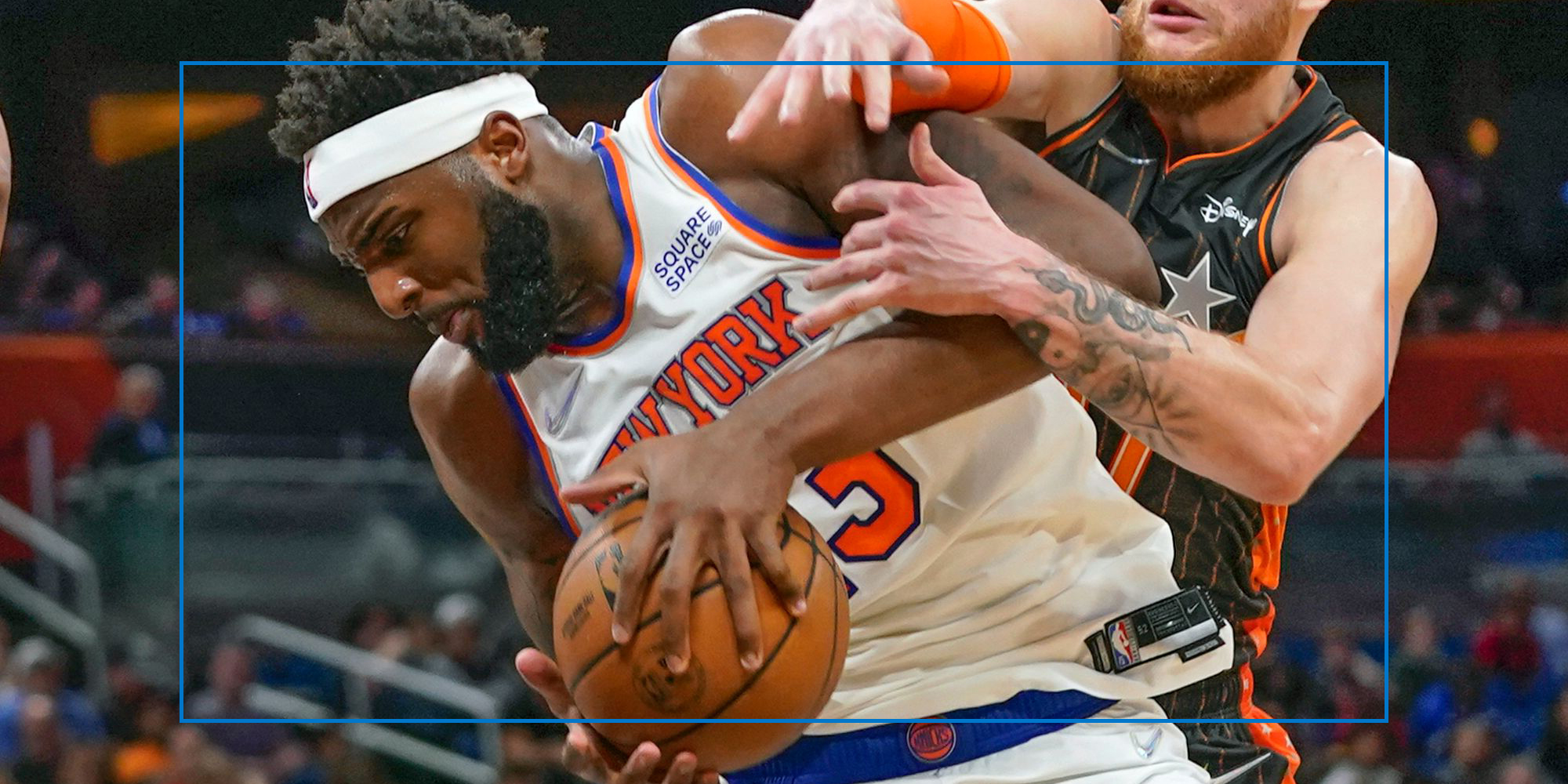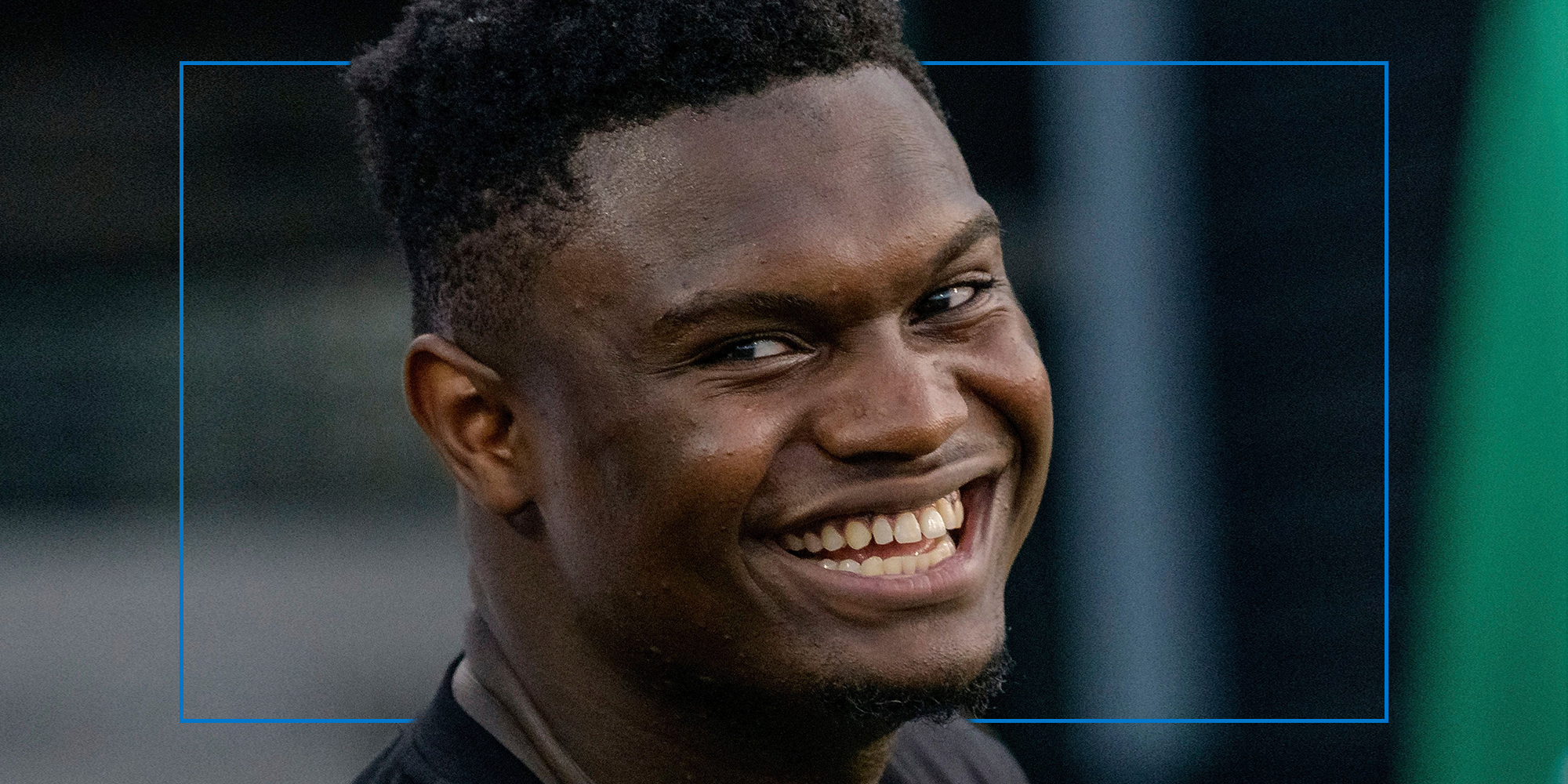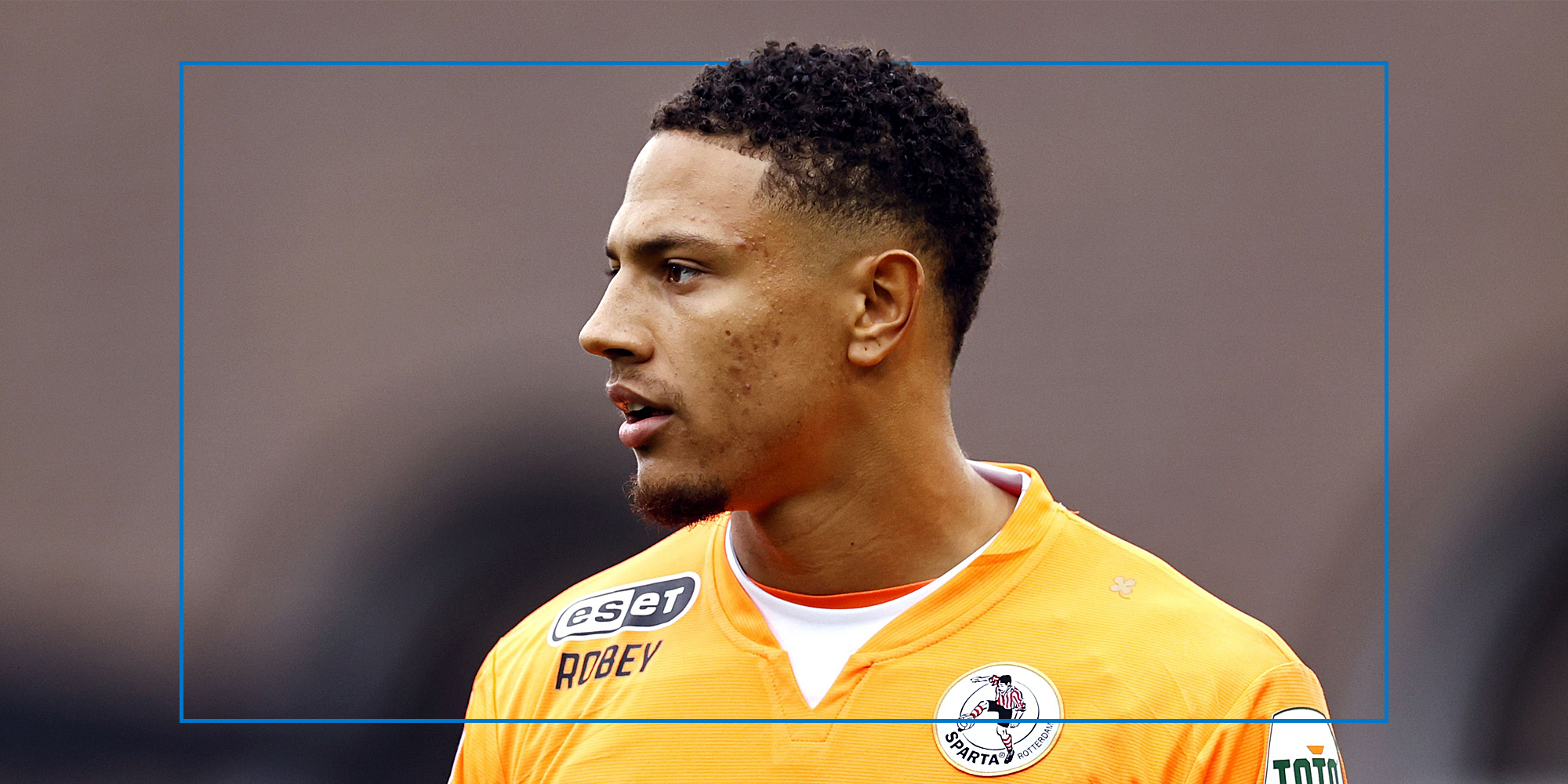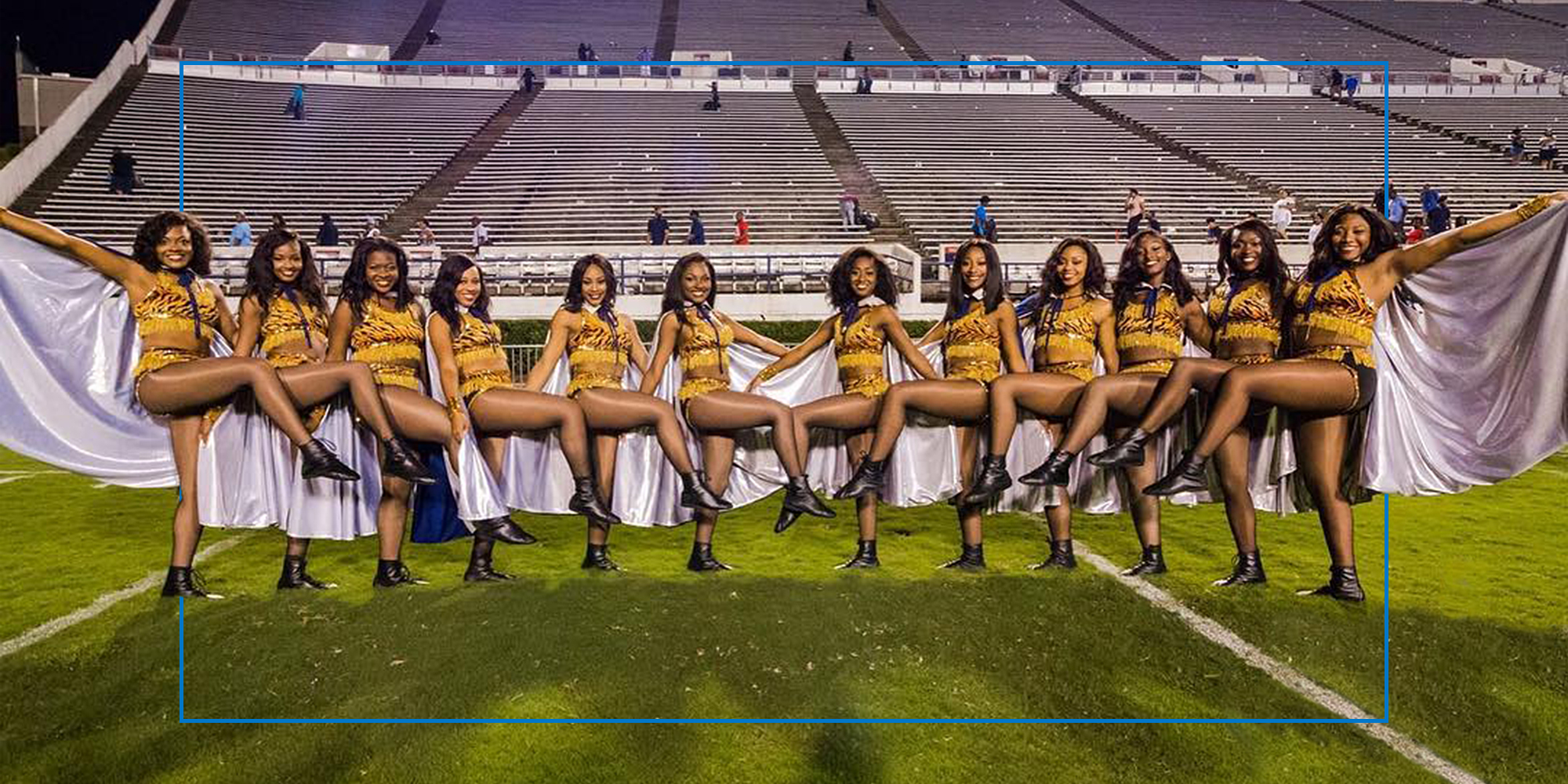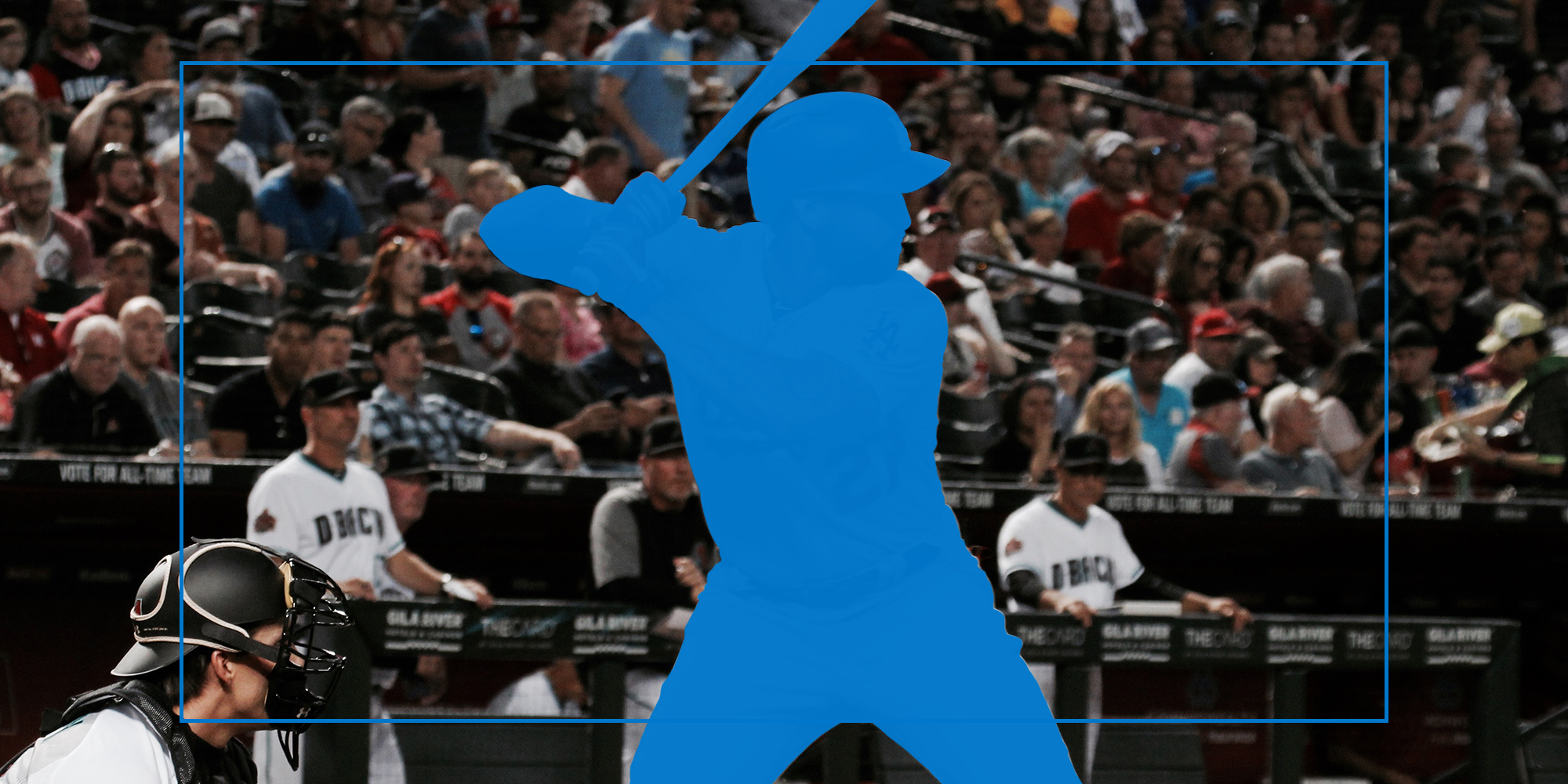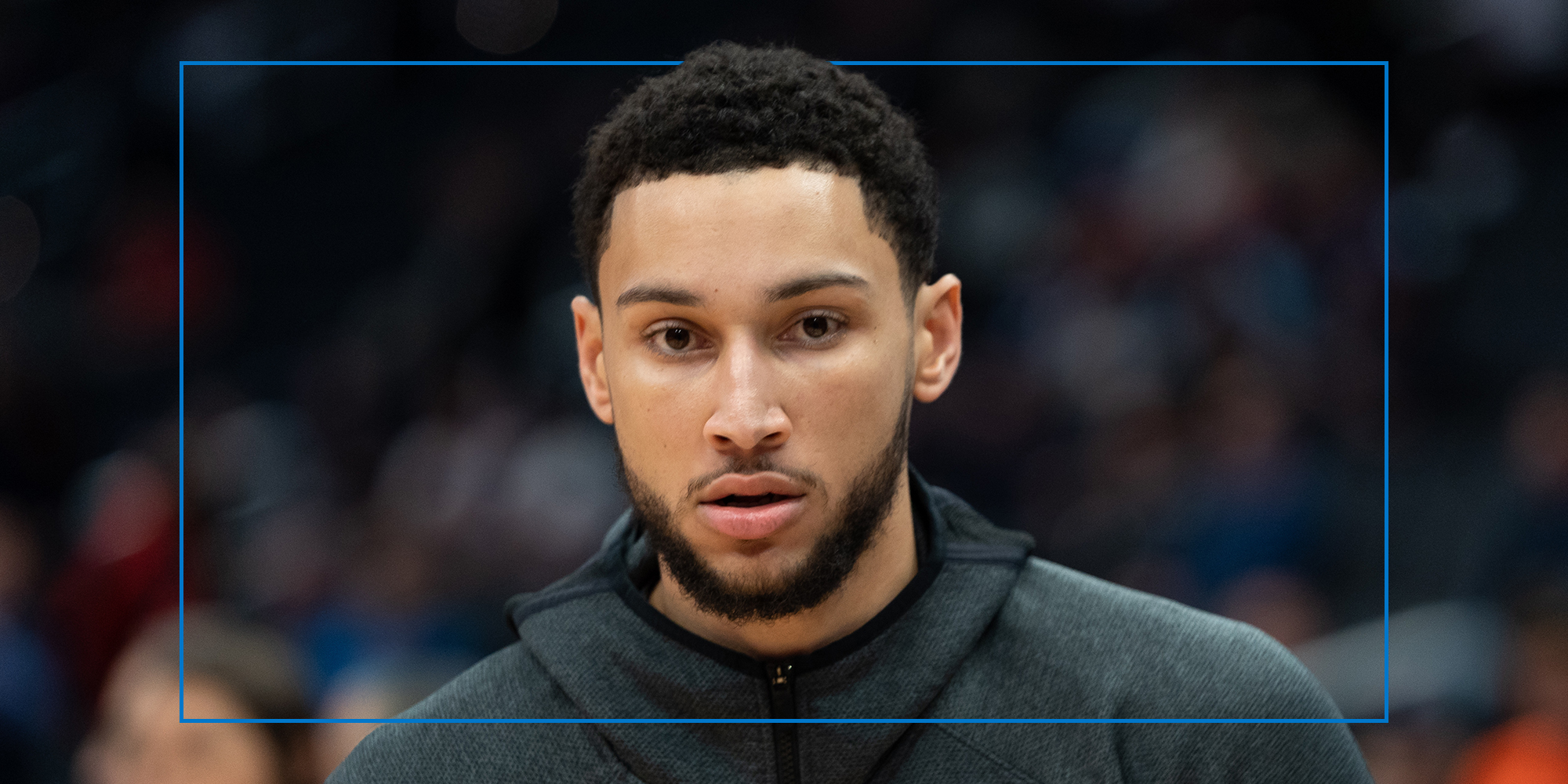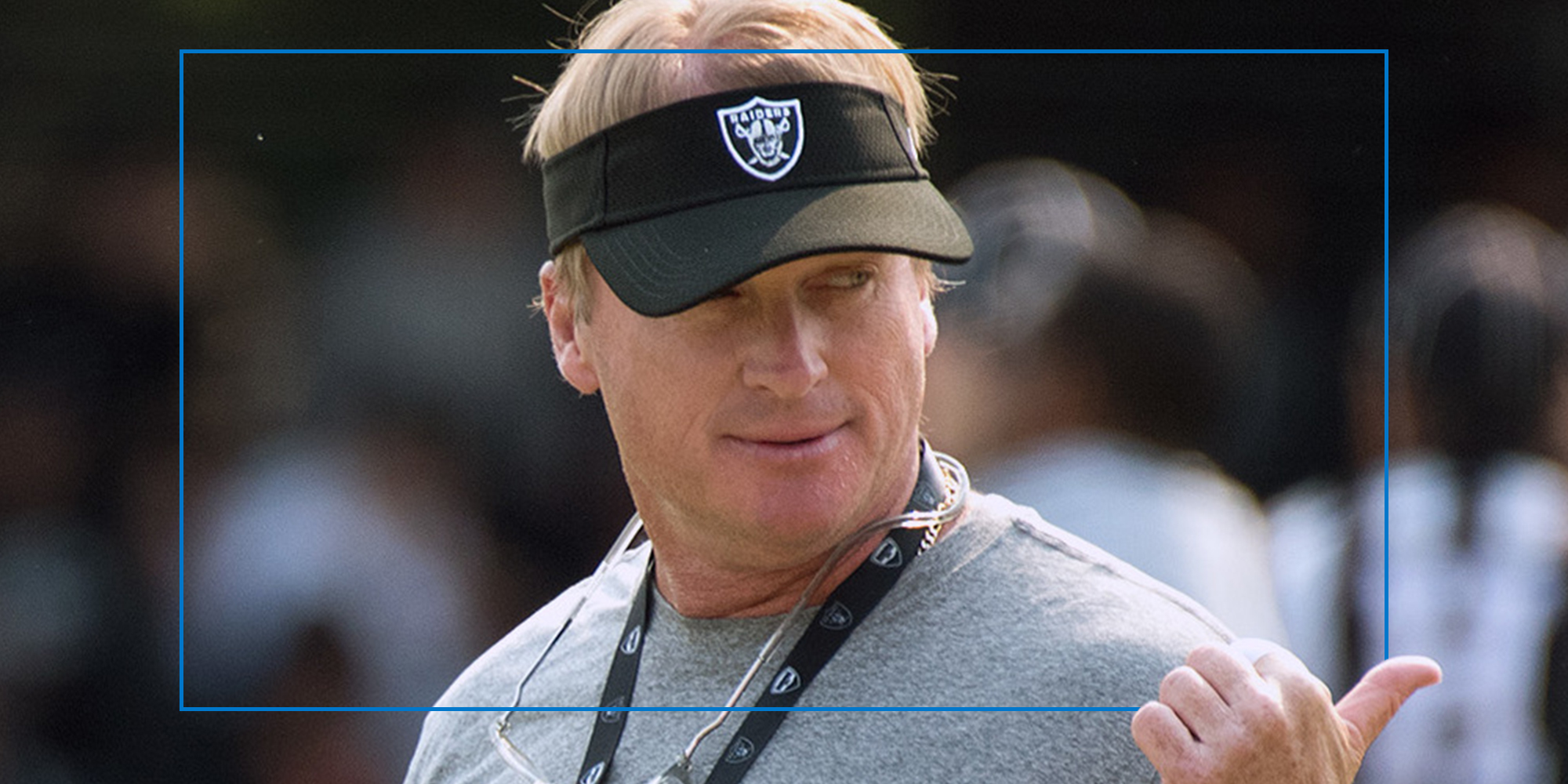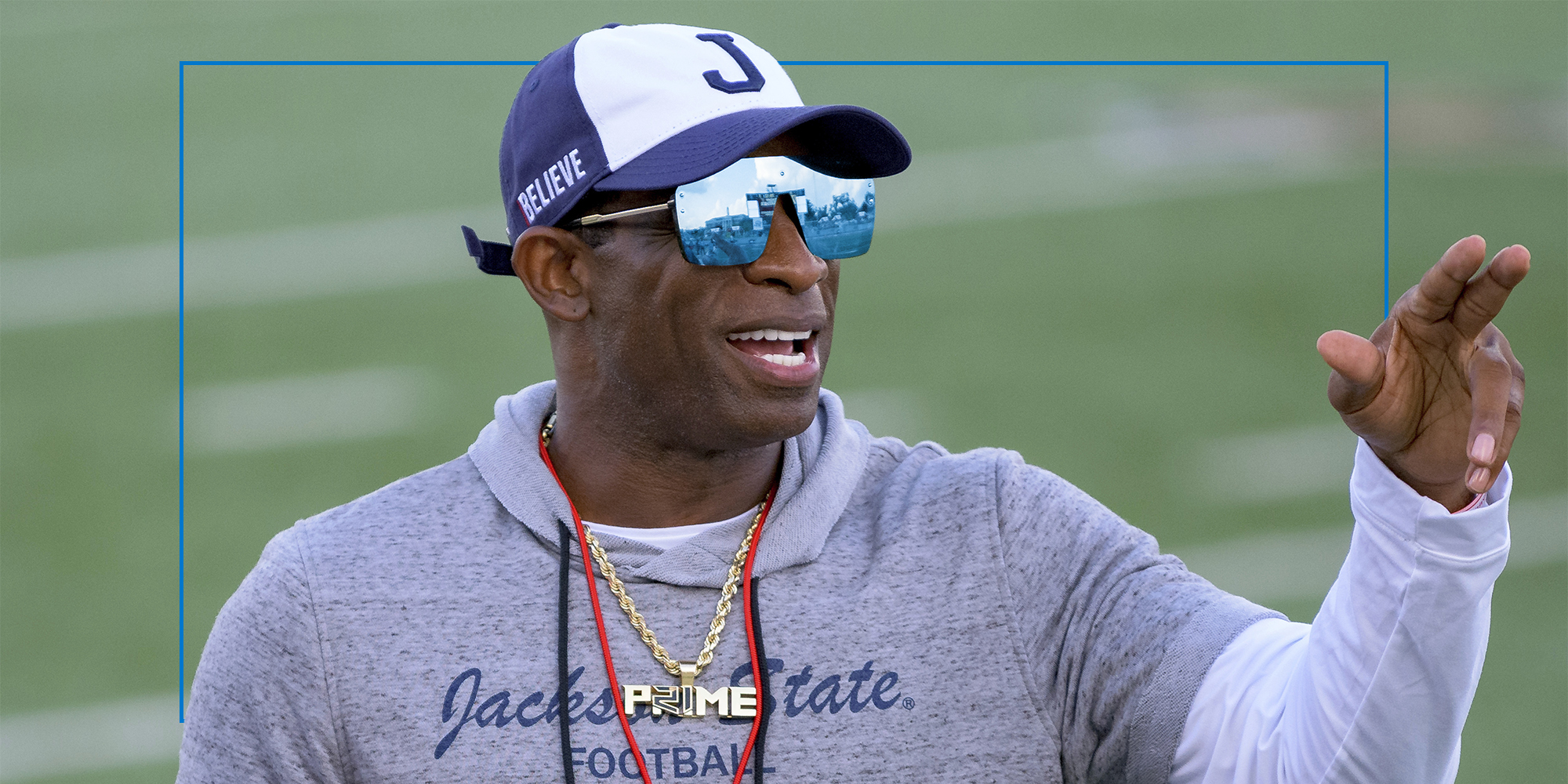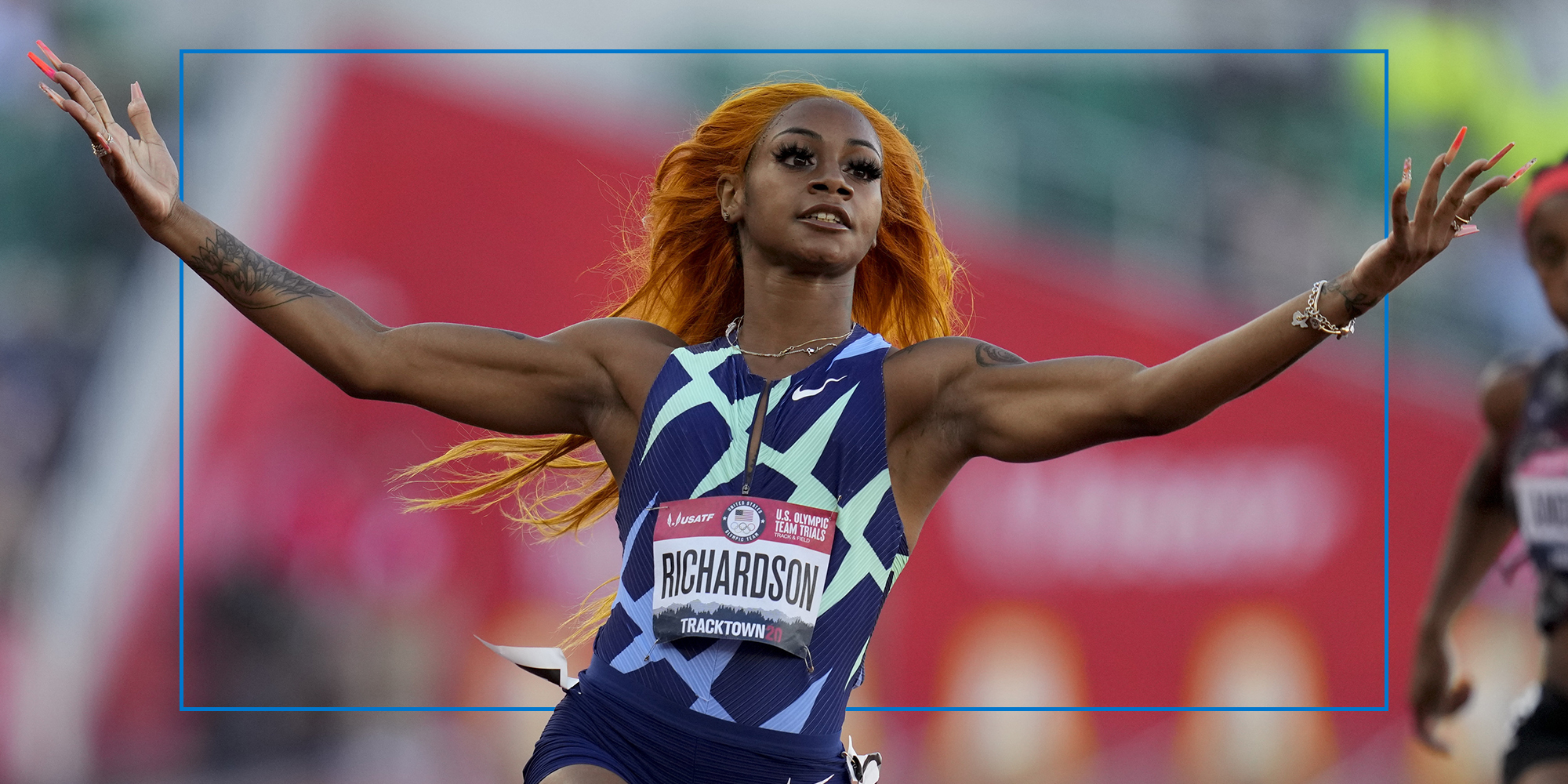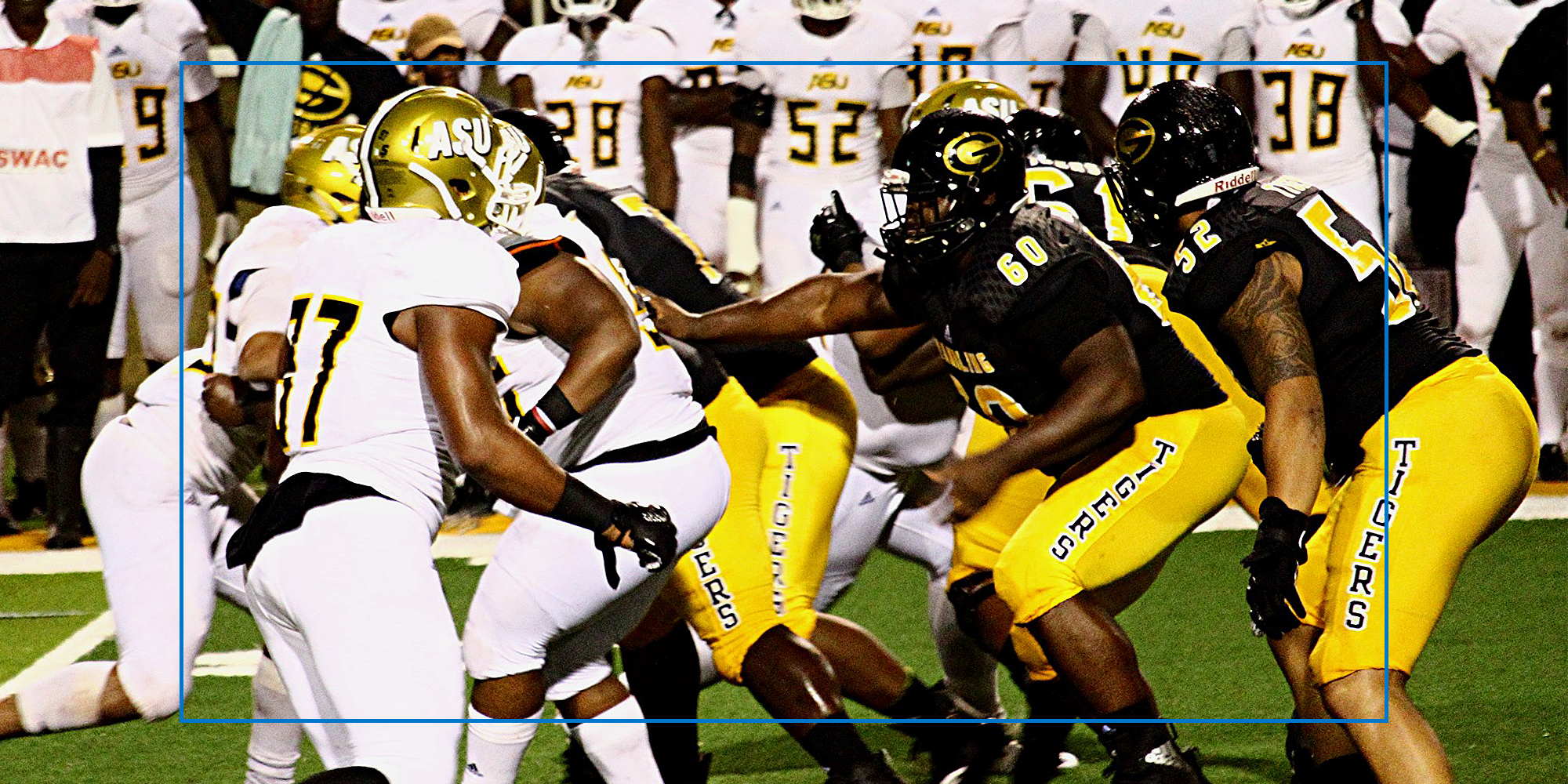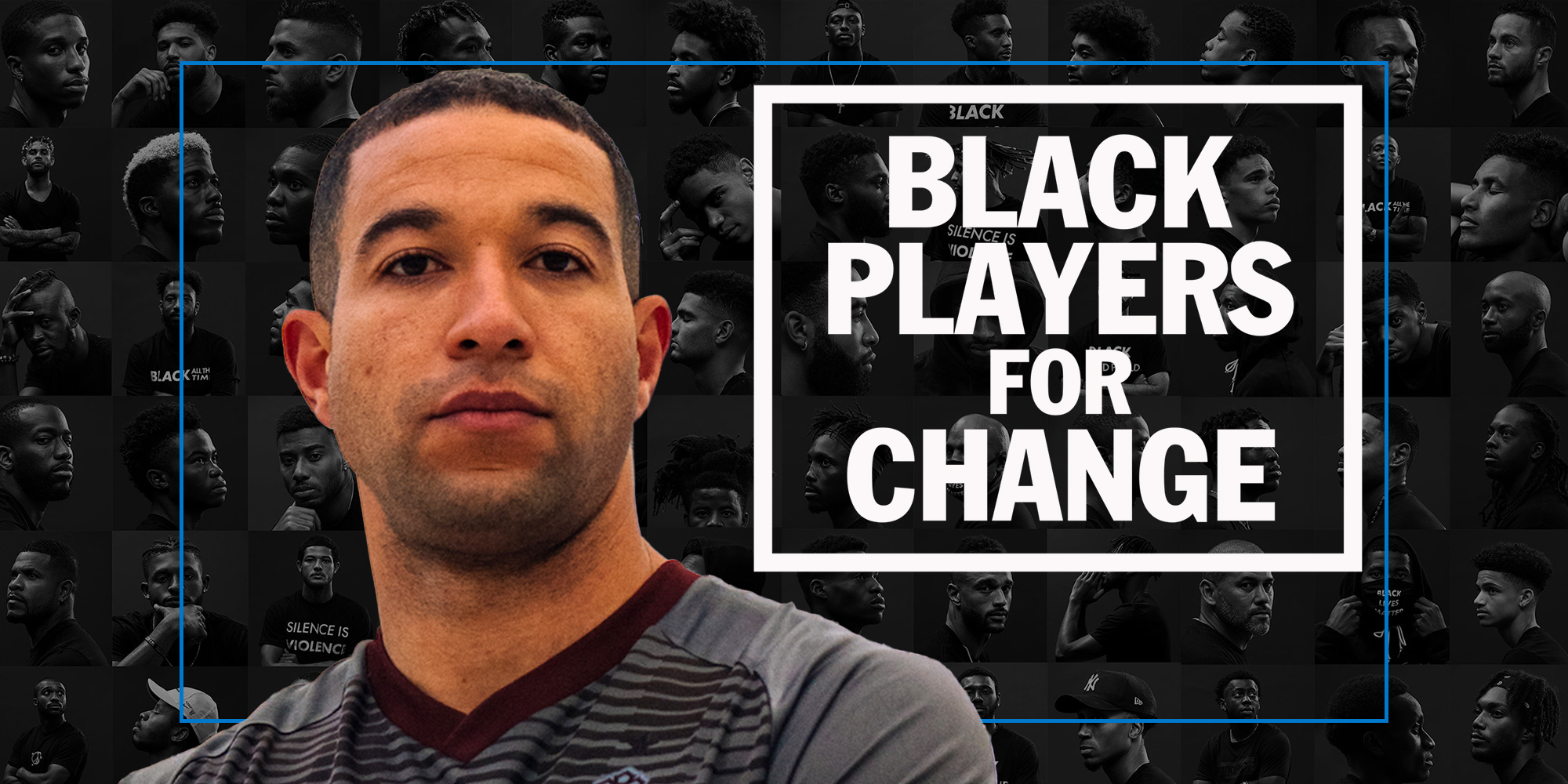Fan-based content creation is nothing new. From the printed fanzines of the ’80s and ’90s to the early internet forums which allowed supporters to debate matches, players and other club news, sharing opinions on football in the public domain is a constant spanning decades. Social media added to this by giving every fan their own platform and — as we all now have phones with a capacity to record — content creation has soared in popularity with fans setting up podcasts and YouTube channels dedicated to their chosen clubs.
Premier League football has the lion’s share of publicity, both nationally and globally, when it comes to global pro soccer. The most successful teams — Manchester United, Liverpool, Arsenal, Chelsea and, more recently, Manchester City — are brands as much as they are football clubs. However, unlike “closed shop” leagues like MLS, there is always the potential for a lower league club to boost its profile through the promotion system.
Every season, the bottom three teams in the Premier League drop to the second-level Championship, the top two teams in the Championship automatically get promoted to the Premier League, and the Championship’s 3rd-place through 6th-place teams enter into a playoff that has incredibly high (and potentially lucrative) stakes. When the 2022-23 Championship seasons on Monday, four teams and their fan bases will embark on what could be a franchise-transforming pair of matches.
Climbing the divisions has a certain romance appealing to those who cheer on the underdog in any given scenario, but for content creators, there’s quite a bit at stake. As a team gets promoted to the top flight Premier League – or relegated into the lower tiers – there is potential for fluctuation in the number of listeners and subscribers.
Sheffield United content creators are more aware of this than most. The Blades have played in the top three divisions of the English football pyramid over the past seven seasons. With three promotions and one relegation in that time — including guaranteed promotion into the Premier League for the upcoming season. As Blades fans know, promotion is wonderful but relegation back to the Championship is a distinct possibility once a new season commences.
So, how do those fans expect their recent promotion back to the Premier League to affect their channels?
‘Definitely more opportunities for content creators’
Ben Meakin from the BladesPod podcast wonders if the South Yorkshire club’s success will draw a new wave of fans to their content, and is particularly interested in whether supporters of rival clubs will tune in.
“I’m curious to see if there’ll be an uptick in listeners next year. We certainly had the highest peak of listeners during our Premier League season, but that might have been more down to increased interest in United content from our own fanbase rather than fans of other teams wanting an opinion.”
Hal Stewart, co-host of YouTube channel The Sheff United Way, agrees, sharing that the Blades’ previous promotion brought with it an increase in viewers and subscribers. “Perhaps these are Blades who haven’t been familiar with the channel before, ‘floating fans’ or neutrals who just appreciate the channel, it’s hard to know.”
Besides an increase in listeners, the content creators all feel promotion brings with it greater possibilities and more chances to work with professional broadcasters and publishers – not surprising when you consider the level of exposure given to the EPL compared to the EFL.
“From personal experience there are definitely more opportunities for content creators of Premier League teams,” says Andrew Hague, Meakin’s BladesPod sidekick. “I was asked to appear or write for various mainstream outlets when my club was in The Premier League, but these offers became almost non-existent following our relegation to the EFL.”
David Beeden from The Tufty Club podcast also notes the interest from sponsors or collaborators increases with promotion, as well as greater opportunities to monetize if content creators want to go down that route. “There are plenty of companies out there who want to be associated with the prestige of the EPL,” Beeden says, “even if it’s through fan-based content.”
‘We can be biased’
With a global audience that SPORT+MARKT put at a staggering 4.7 billion per year, promotion to the Premier League puts a football club on an international stage. It follows that with more exposure, the more popular a team becomes, and more podcasts and vlogs dedicated to them appear – sometimes from unlikely places. Sheffield United’s rise through the divisions is one such example, with American fans Noah Snyder and Chad Jarvis creating content for The Red Half of Sheffield from their respective home states of California and North Carolina.
“There’s a far more diverse range of Blades content creators now than there were a few years ago,” explains Meakin. “Listener numbers to BladesPod have flattened off a bit in the last couple of years as people have far more choice as to what to listen to, but I’ve also taken a step back from self-promotion and focus instead on only pushing the podcast when there’s a new episode and sharing other content I enjoy the rest of the time.”
Having active Twitter accounts is key to building up a following and allows an instant interaction that podcasts and vlogs don’t necessarily otherwise. Debate and discussion are welcomed, and, according to the content creators, abuse is rare.
For The Sheff United Way, building relationships with the club’s owner Prince Abdullah bin Musaid Al Saud raised their profile, with their exclusive interview with him hitting 22,500 views. Although the channel is not affiliated with the club, which has its own official content creators, Stewart prides himself on the connections he and co-host Nick Wylie forge with former players as they strive to provide fresh, original interviews.
“We know that Sheffield United related videos and podcasts have a ceiling, but we don’t want to branch out and make it a ‘football’ channel, as some other content creators have done,” he explains. “We’re passionate about Sheffield United and only Sheffield United, so that’s what we want it all to be about. I suppose, as it’s for fans by fans, we can be biased towards our team in a way the mainstream media can’t.”
Beeden says that for The Tufty Club, keeping a level of independence from the club is important. “Fan content is real, full of raw passion and sincerity that cannot be faked. It shows what football can do to people, stirring every emotion over the course of a season, or sometimes just the course of a game! Sometimes a rant after a poor performance can be cathartic and we like to have fun with what we do. Keeping a healthy distance from the club allows us to do that in a way we couldn’t otherwise.”
“Fan-based content is usually more honest in comparison to what the mainstream media can offer,” adds Hague. “Usually the content is produced without any outside influence and with no need to keep the club onside, allowing a truer reflection on what the fan base is feeling. Plus, the fact most content creators earn nothing from their work means they are doing it purely to express their views which gives their output a genuine sincerity.”
Are the already-established podcasts and channels worried the market will become over-saturated now Sheffield United is back in the Premier League? Stewart says not.
“I think it’s wonderful these days that we have so many people creating their own content with passion, knowledge and a difference. There really is something for everyone on YouTube, blogs, newsletters, podcasts and social media now. I welcome it all.”
Katey Lovell is a freelance writer and author from Sheffield, England, who has been published in publications such as Guardian, Insider, Metro, SportBible and Fansided.
This story is part of the Pixel Pitch series, exploring the spaces where soccer, the internet and identity intersect. Pixel Pitch is a joint project partnering The Daily Dot with The Striker, a soccer-centric online publication “where every day is a soccer news day.”
See more stories from Presser – examining the intersection of race and sports online.



